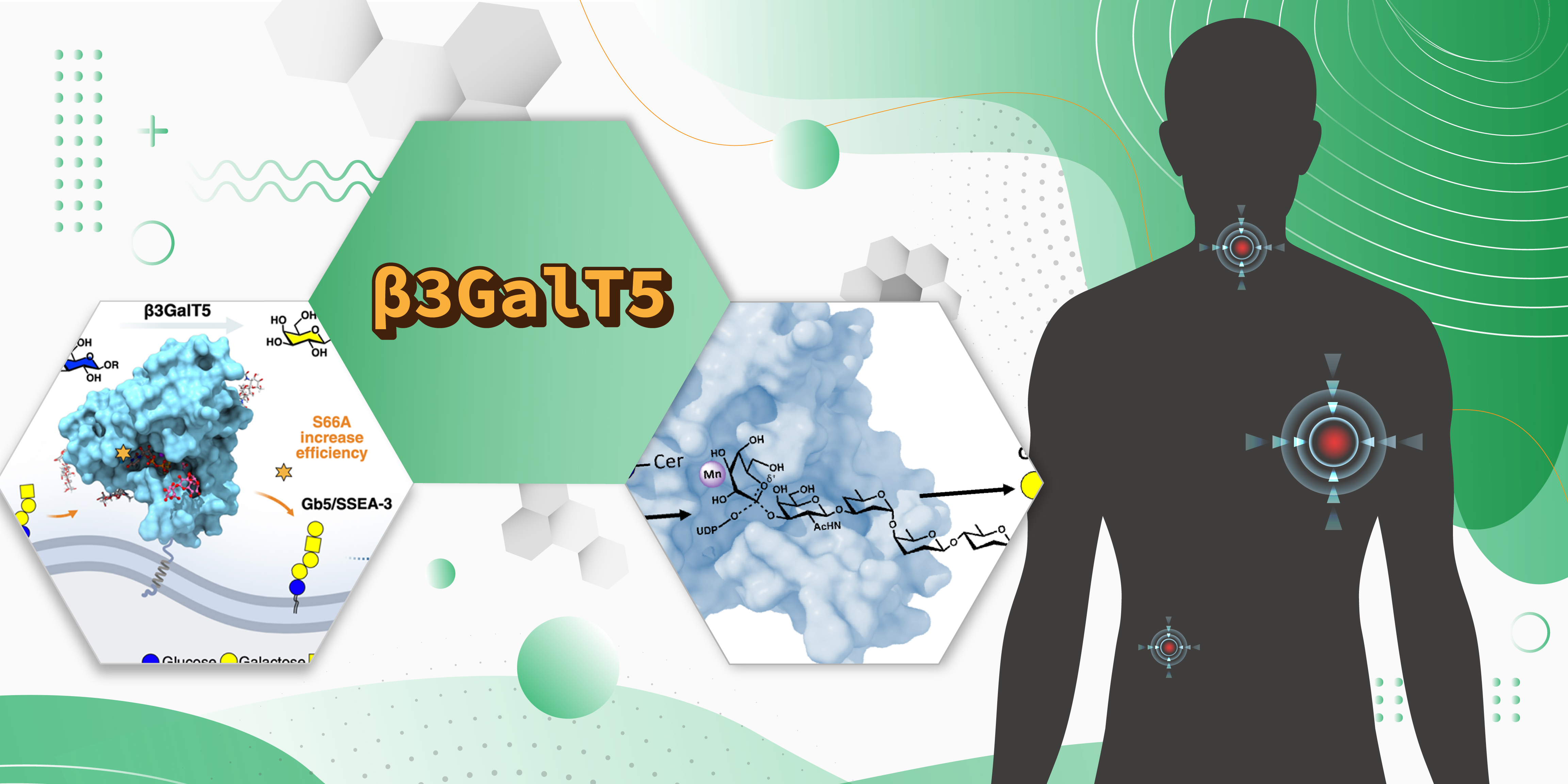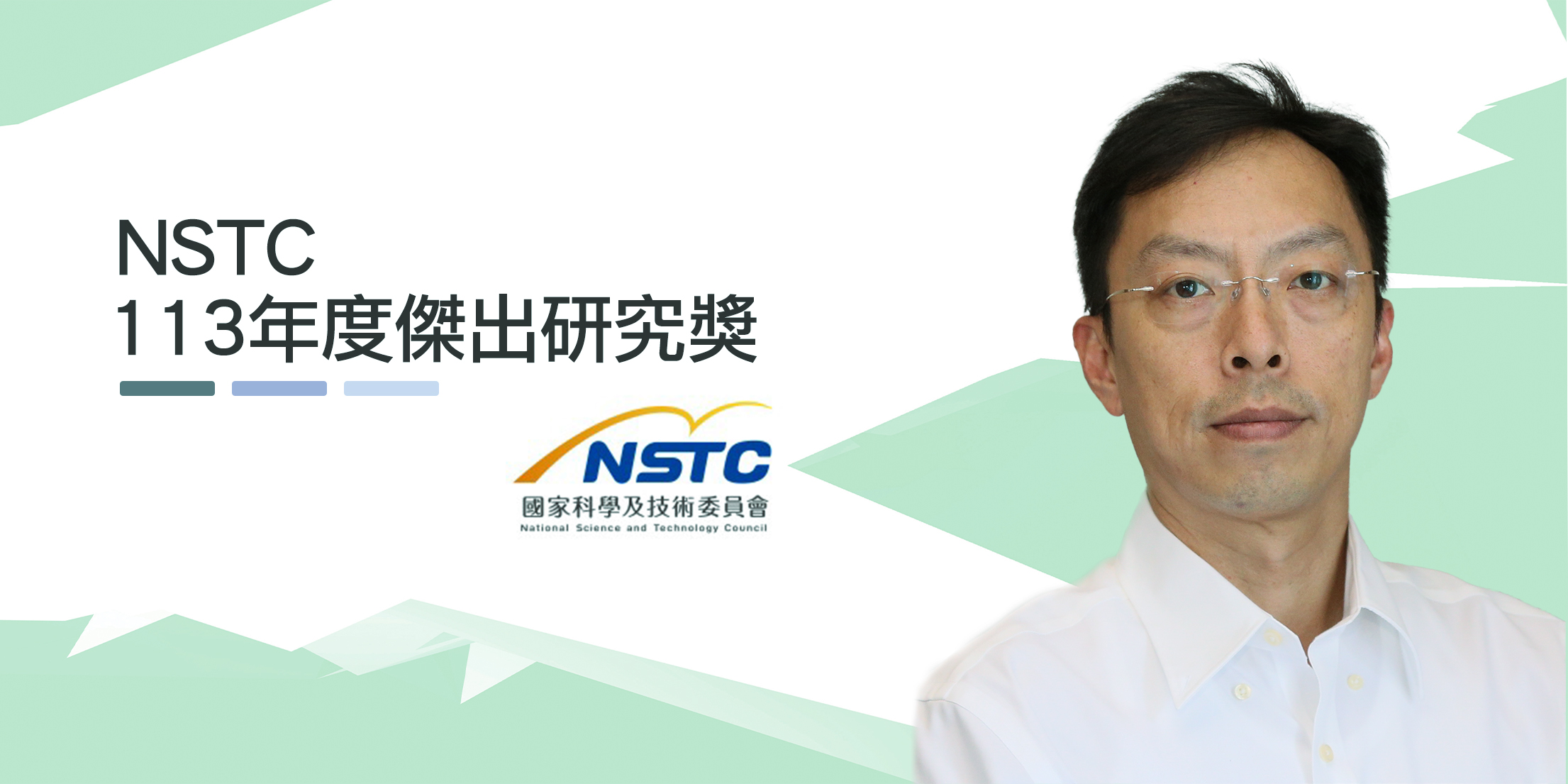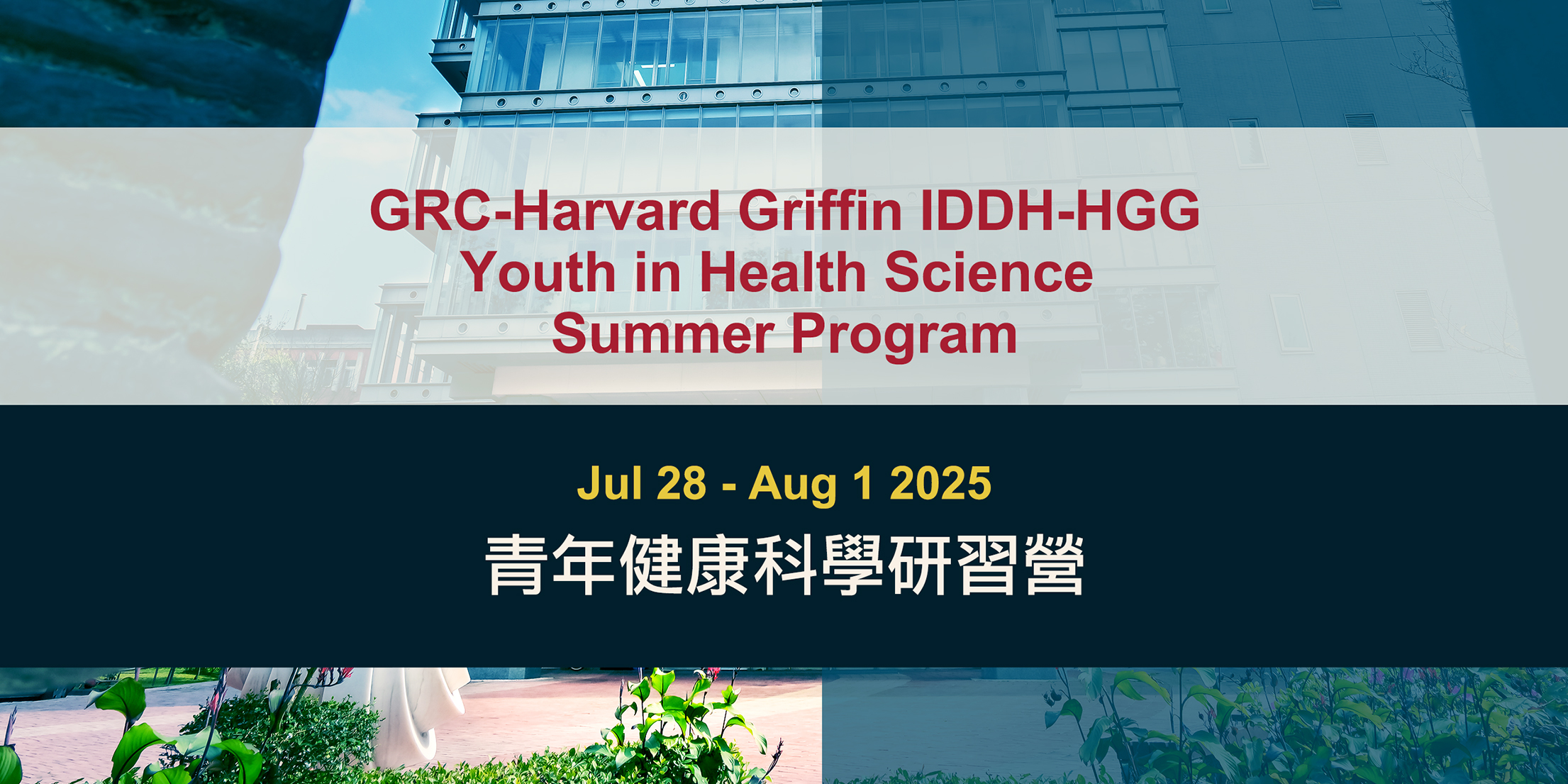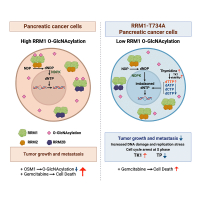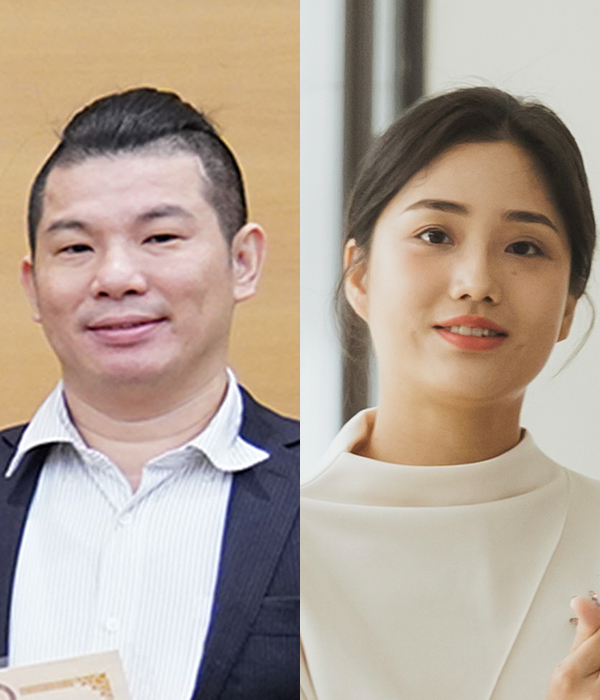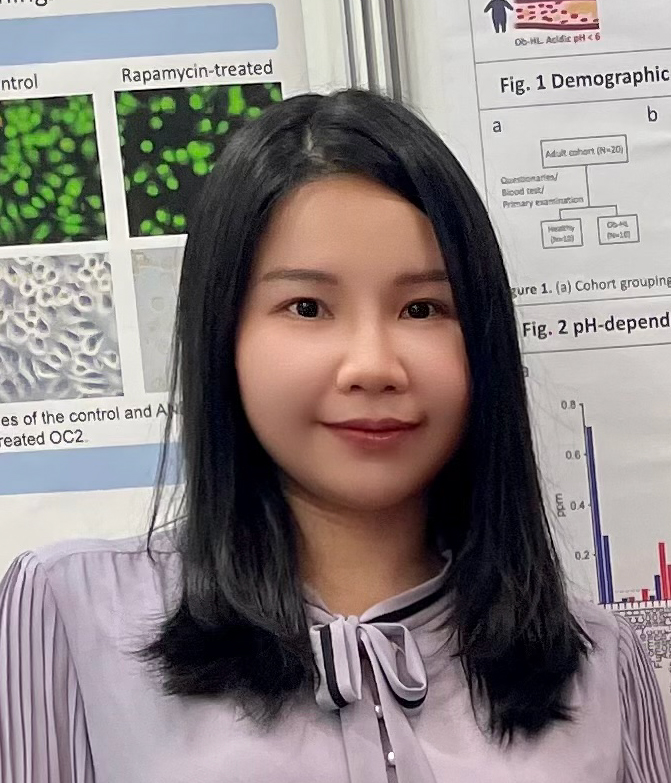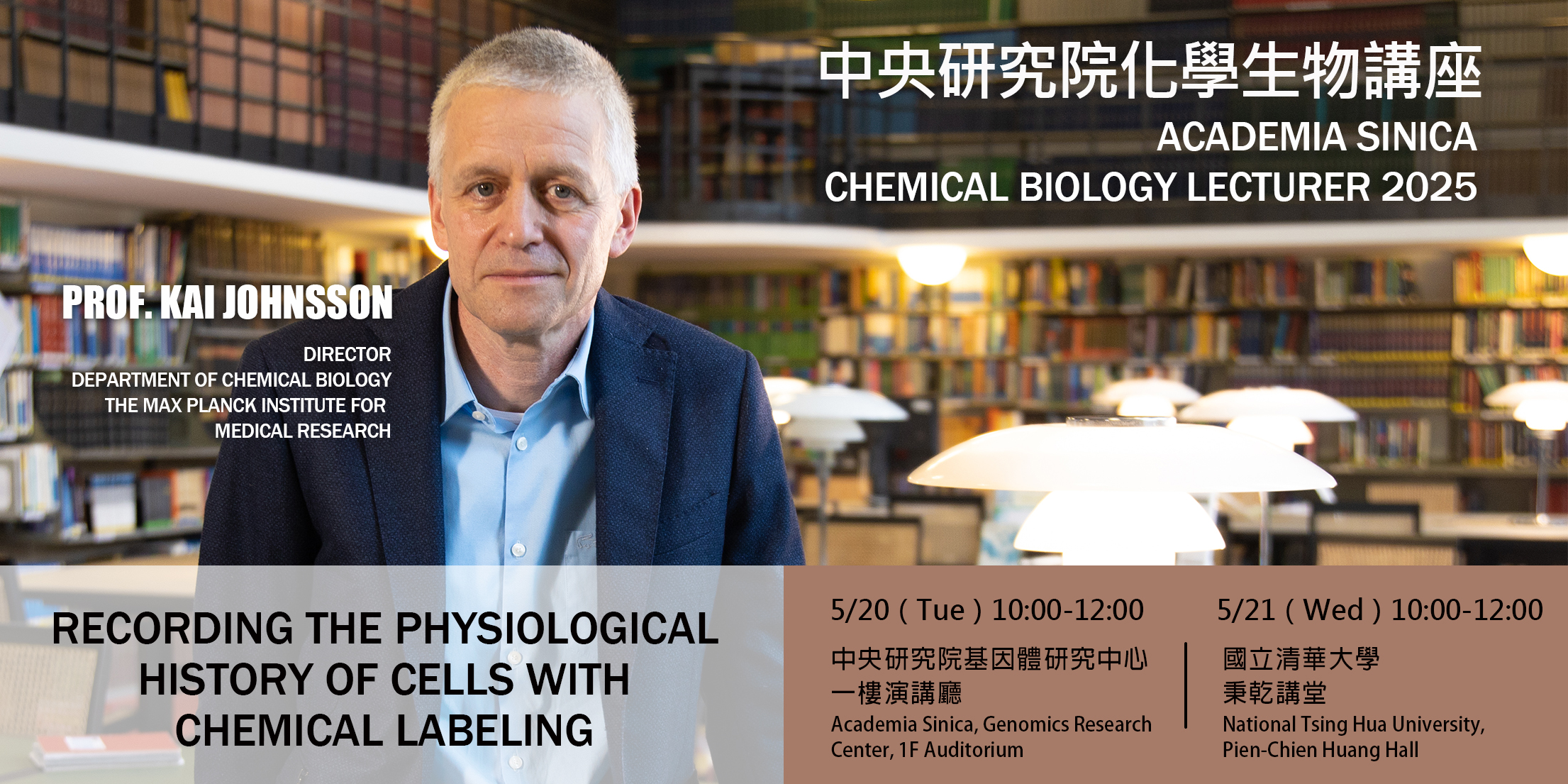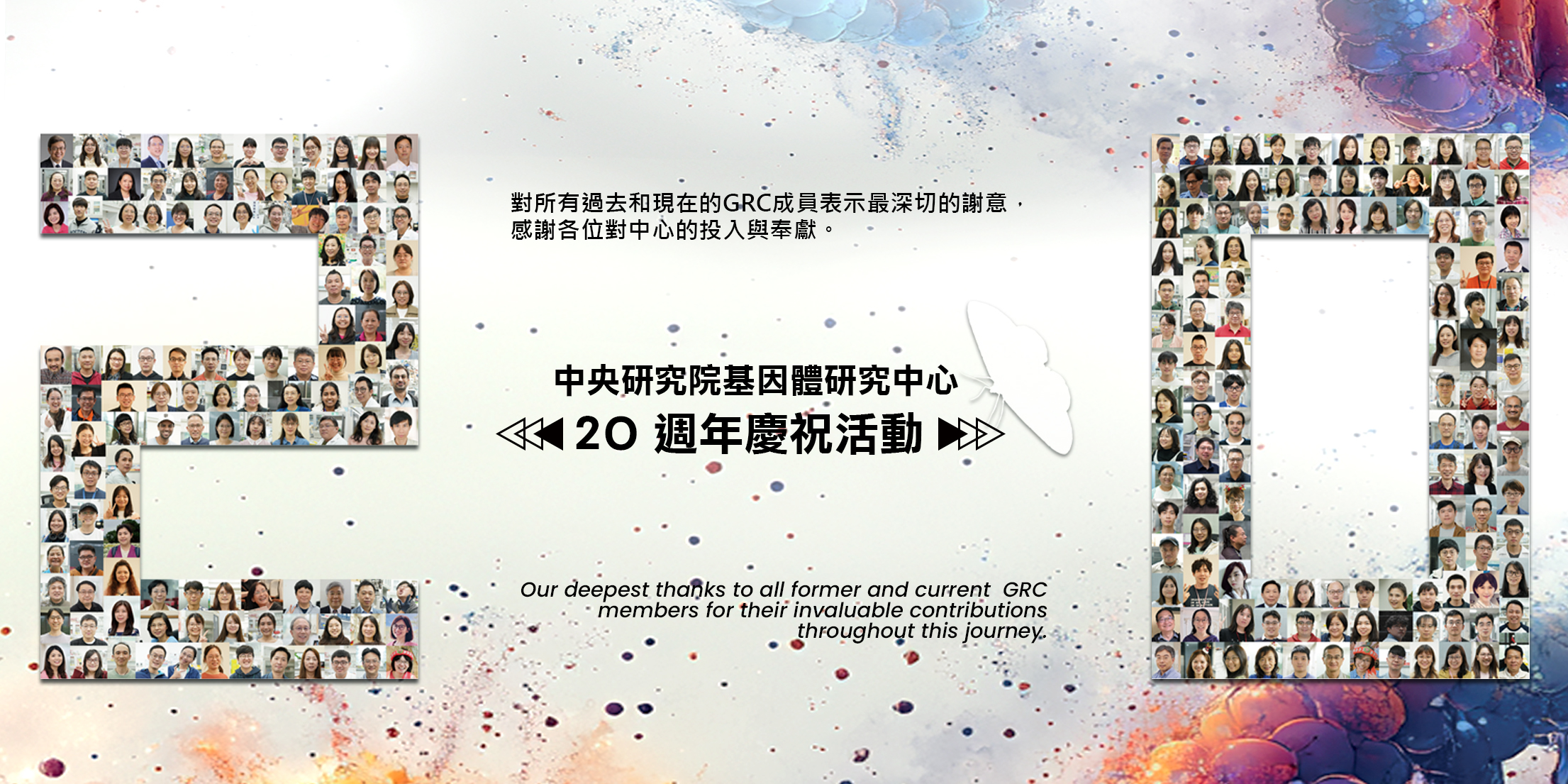EDUCATION AND POSITIONS HELD:
- MD, National Taiwan University School of Medicine, 1968
- Resident, Department of Internal Medicine, National Taiwan University Hospital, 1969-73
- Associate Professor, National Taiwan University College of Medicine, Taipei, Taiwan, 1978-83
- Visiting Scientist, National Institutes of Health, Bethesda, USA, 1979-80
- Professor of Medicine, National Taiwan University College of Medicine, Taipei, Taiwan, 1983-2013
- Founding Director, Hepatitis Research Center, National Taiwan University Hospital, Taipei, Taiwan, 1987-2001
- Dean, National Taiwan University College of Medicine, Taipei, Taiwan, 2001-2007
HONORS:
- National Outstanding Science and Technology Award of the Republic of China, Executive Yuan, Taiwan, 1984
- Abbott Laboratories Research Award, Abbott Laboratories, USA, 1986
- Outstanding Research Award in Biology and Medicine, National Science Council, Taiwan, 1987-1993
- Outstanding Academic Award (Medicine), Ministry of Education, Taiwan, 1989
- Academician, Academia Sinica, Taiwan, 1992
- Grand Award, Society of Chinese Bioscientists in America (SCBA), USA, 1993
- Hou Jin-Duei Outstanding Contribution Award in Basic Science, Taiwan, 1994
- Outstanding Scholar Award, Foundation for the Advancement of Outstanding Scholarship, Taiwan, 1995-1999
- National Chair-Professor of Medicine, Ministry of Education, Taiwan, 1997-2003
- Lifetime National Chair-Professor of Medicine, Ministry of Education, Taiwan, 2004
- Fellow, The Third World Academy of Sciences (TWAS), Italy, 2001
- Doctor of Philosophy (honoris causa), Kaohsiung Medical University, Taiwan, 2002
- Foreign Associate, National Academy of Sciences, USA, 2005
- Caring Physicians of the World, World Medical Association, France, 2005
- Outstanding Achievement Award, Foundation for the Advancement of Outstanding Scholarship, Taiwan, 2005
- Trieste Science Prize, TWAS, Italy, 2006
- Presidential Science Prize of Taiwan, Taiwan, 2007
- EASL International Recognition Award, Denmark, 2009
- Okuda Lectureship Award, JGH Foundation, Australia, 2009
- Nikkei Asia Prize, Japan, 2010
- Distinguished Clinician Educator/Mentor Award, AASLD, San Francisco, 2011
- President’s Award, Chung-Hwa Rotary Educational Foundation, Taichung, 2014
- Doctor of Philosophy (honoris causa), China Medical University, Taichung, 2014
- TASL Mentor Award, Taiwan Association for the Study of the Liver, Taiwan, 2015
- First Rank Health & Welfare Medal, Ministry of Health and Welfare, Taiwan, 2015
RESEARCH INTERESTS:
Dr. Chen’s research interest continues to be in the basic and clinical aspects of viral hepatitis and liver disease, ranging from prevention to management.
In the last 40 years, although he and his colleagues have solved many problems of liver disease in Taiwan, there are still a lot of unresolved issues. They will continue to address these issues in chronic hepatitis B infection and its implications (Science 1993; 262:369-70). In addition, chronic hepatitis C will be another important topic.
Dr. Chen’s current major efforts are to explore these issues by using a mouse-model of chronic hepatitis B virus (HBV) infection his team has established before (PNAS 2006; 103:17862-7). With this animal model, they hope to explore the mechanism of persistent hepatitis B infection, e. g., why is the infection associated with chronicity especially in young age, the genetic and immunologic background of persistent infection, etc. Preliminary results showed that HBV persistence was closely related to the establishment of gut microbiota, and TLR4 played a critical role (PNAS 2015; 112:2175-80). They will further dissect the mechanism of HBV persistence focusing on the roles of Kupffer cells in the innate immunity against HBV as well as the natural killer cells and other immune cells in breaking the tolerance to HBV persistence. These results may disclose novel immunologic mechanisms of HBV persistence and then provide new targets for futher effective therapy. The results will hopefully be translated to clinical settings in humans.

As a clinician, Dr. Chen still keeps translational and clinical research on chronic hepatitis B and C as well as liver cirrhosis and hepatocellular carcinoma. His academic achievements can be seen from his publications as shown in PubMed.

